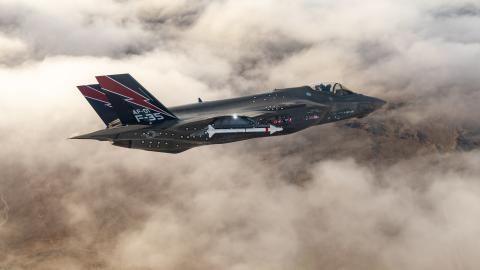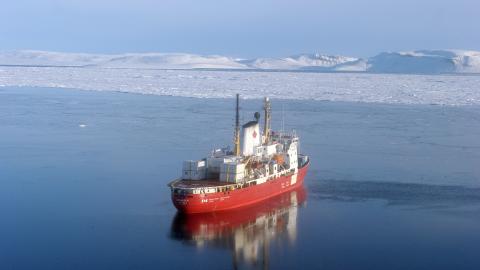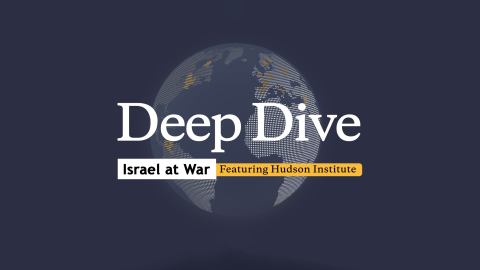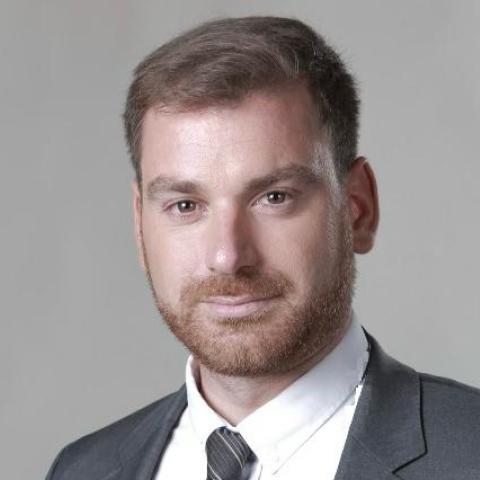
19
April 2010
Past Event
The Nuclear Posture Review: Challenges and Considerations
The Nuclear Posture Review: Challenges and Considerations
Past Event
Hudson Institute, Washington, D.C. Headquarters
April 19, 2010
Share:
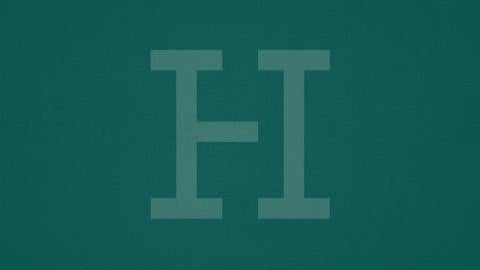
Related Events
25
April 2025
Virtual Event | Online Only
Building a Force that Wins: A Conversation with Major General Mark Mitchum
Featured Speakers:
Major General Mark Mitchum
Timothy A. Walton
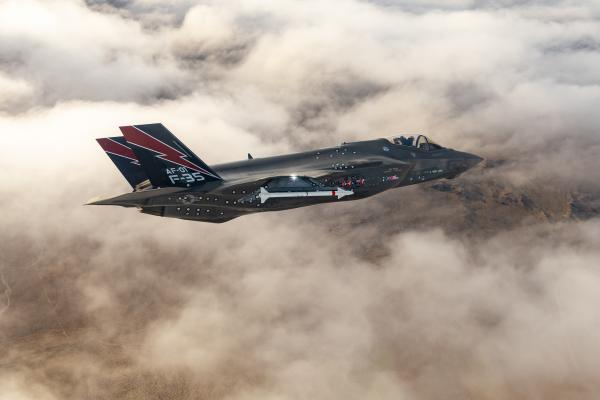
28
April 2025
In-Person Event | Hudson Institute
Domestic Politics, the US-Japan Alliance, and Tokyo’s Global Role: Bipartisan Views from the Diet
Featured Speakers:
Koichiro Gemba
Itsunori Onodera
Shinjiro Koizumi
Kimi Onoda
Moderator:
Kenneth R. Weinstein

28
April 2025
In-Person Event | Hudson Institute
Domestic Politics, the US-Japan Alliance, and Tokyo’s Global Role: Bipartisan Views from the Diet
A panel of experts will discuss how the Japanese government should approach domestic political questions, its partnership with America, and Japan’s role in the world.
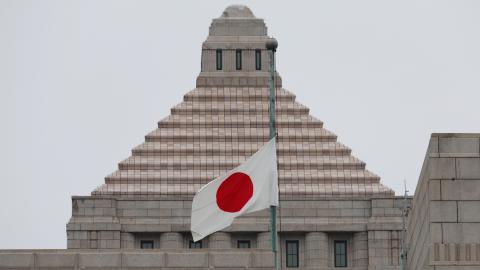
Featured Speakers:
Koichiro Gemba
Itsunori Onodera
Shinjiro Koizumi
Kimi Onoda
Moderator:
Kenneth R. Weinstein
30
April 2025
In-Person Event | Hudson Institute
Rebuilding America’s Maritime Industrial Base with Senators Mark Kelly and Todd Young
Featured Speakers:
Senator Todd Young
Senator Mark Kelly
Michael Roberts
Bryan Clark
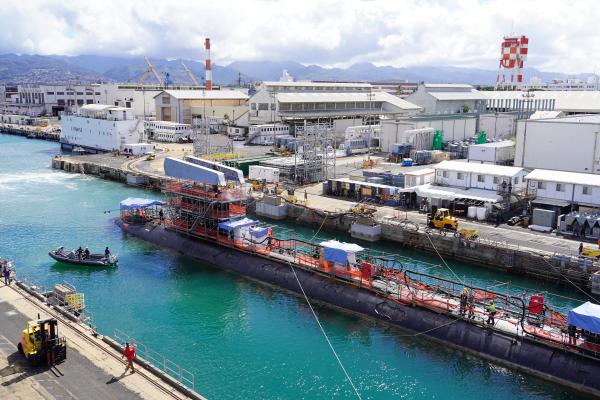
30
April 2025
In-Person Event | Hudson Institute
Rebuilding America’s Maritime Industrial Base with Senators Mark Kelly and Todd Young
Hudson will welcome Senators Mark Kelly (D-AZ) and Todd Young (R-IN) to discuss their proposal to restore America’s shipping and shipbuilding industries to help deter Chinese aggression.
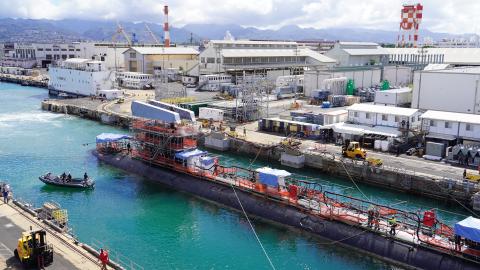
Featured Speakers:
Senator Todd Young
Senator Mark Kelly
Michael Roberts
Bryan Clark
30
April 2025
In-Person Event | Hudson Institute
Strategy in Motion: The Policies and Tactics of Modern Warfare | Political Studies Policy Certificate Program
Featured Speakers:
Garrett Exner
Rachel Mackey
Brendan McBreen

30
April 2025
In-Person Event | Hudson Institute
Strategy in Motion: The Policies and Tactics of Modern Warfare | Political Studies Policy Certificate Program
The Hudson Institute Political Studies Policy Certificate Program gathers talented early career professionals for advanced study of American foreign and domestic policy and national security, led by policy experts and experienced government officials.
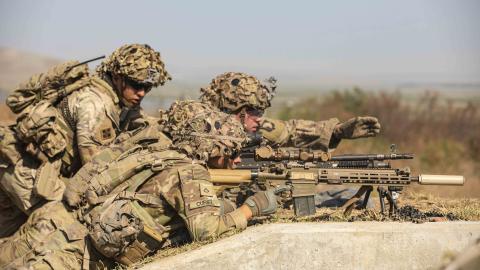
Featured Speakers:
Garrett Exner
Rachel Mackey
Brendan McBreen


















